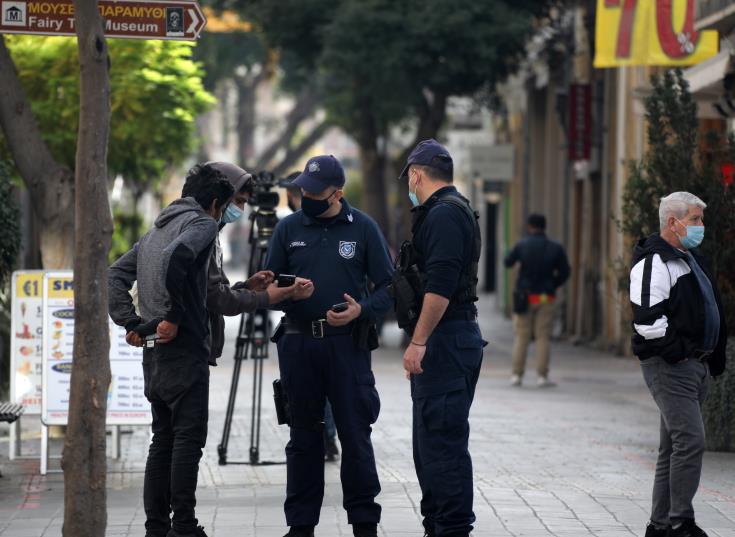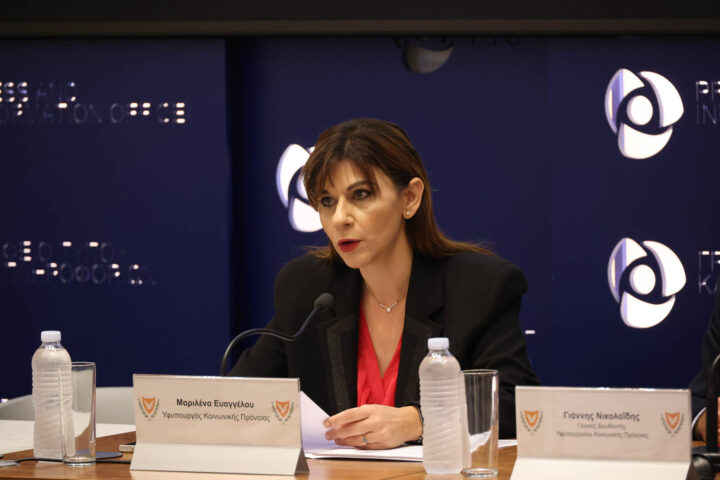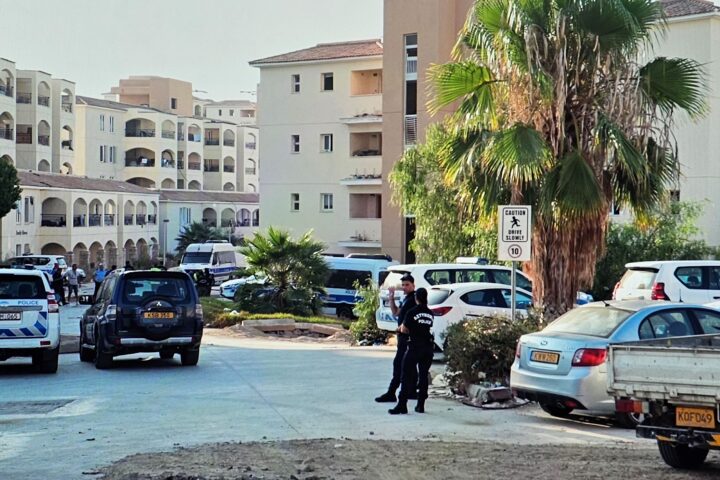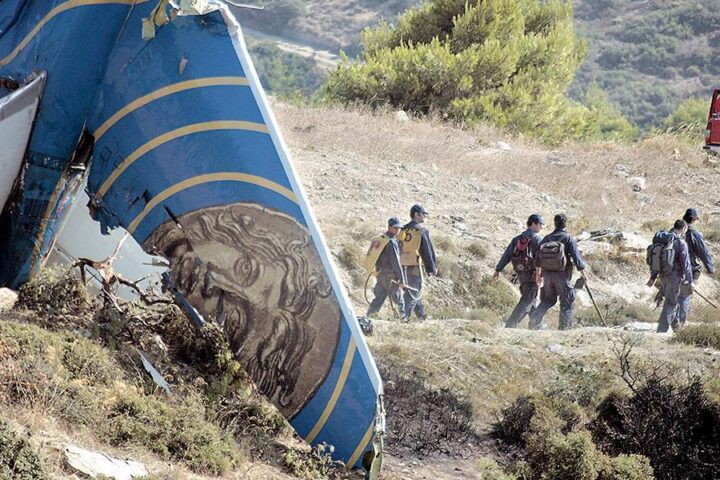Hundreds of cases of human trafficking and sexual exploitation are reported to authorities yearly, but just a trickle finds their way to court, as victims do not feel safe enough to see their case through.
As reported by Phileleftheros daily, the police task force investigating human trafficking has looked into 666 cases in the past two and a half years, but most do not go to court.
In 2021, some 169 cases were investigated by the task force, while in 2022, it jumped to 265. So far this year, 232 cases have been probed.
As a result of investigations, in 2021, 21 people were identified as victims of forced labour or sexual exploitation.
In 2022, 16 people were identified as victims of human trafficking, and 20 in 2023.
More than half of the victims were trafficked for work.
Of the 20 victims identified this year, 17 were trafficked for work; three were sexually exploited.
In 2022, five of the 16 victims were sexually exploited, three were trafficked for work, and eight fell in both categories.
In 2021, seven people were trafficked for work, 11 were sexually exploited, and three fell in both categories.
According to the US State Department, the authorities convicted seven traffickers (two traffickers for sex trafficking and five for labour trafficking) last year, a decrease compared with 10 traffickers in 2021 and no convictions from 2018 to 2020.
Cyprus prosecuted 12 defendants in eight new cases (five defendants for sex trafficking, four for labour trafficking, and three defendants for forced criminality), a decrease compared with 21 defendants in 12 cases in 2021.
The government continued prosecuting 29 cases with 68 defendants, compared with 26 cases with 71 defendants in 2021.
Reluctant victims
In comments to Phileleftheros, the head of the Office for Combating Human Trafficking, Eleni Michael, said these cases are difficult to prosecute as they depend on the victim’s willingness.
“Most of the time, the victims, especially in cases of sex trafficking, are hard to convince to testify to the authorities and even more difficult to convince them to do so before a court,” said Michael.
She said victims are usually easily intimidated or bribed to withdraw their testimony.
The police officer also referred to the difficulties of proving a case since prostitution is legal under certain conditions, so there is a fine line to prove that someone lives off of it or that they are being exploited.
“Exploitation at work is easier to prove.
“Frequent campaigns, together with the Labour Ministry, have brought results.
“In many cases, however, foreigners are found to be working illegally but are not victims of human trafficking as they were paid in full,” said Michael.
She said the majority of victims sexually exploited are mainly young women from member states of the European Union or African women who are in Cyprus as asylum seekers.
“When it comes to victims of human trafficking for work, they are usually men arriving from third countries to work in the farming industry”.
Other victims of human trafficking are brought to Cyprus as part of a forced begging ring for adoptions or sham marriages.
“Recognised victims of trafficking can remain in our country after the Minister of Interior has been informed by the prosecuting authorities, as long as the victim is willing to cooperate in prosecuting the suspects.”










